
views
Opening an IRA

Decide what type of IRA you want to open. There are important differences between traditional IRAs and Roth IRAs. Depending on your age, income, and projected tax bracket, there are advantages and disadvantages of each. Roth IRAs do not have an age limit on contributions. With Roth IRAs, you pay the tax now and then receive tax free withdrawals later. There are income limits on Roth IRAs, so if you are single and make less than $117,000, or married and make less than $184,000, you can contribute up to the full amount, which is $5,500 for those under age 50 and $6,500 for those over age 50. Traditional IRAs have a contribution age limit of 70 1/2. With Traditional IRAs, you receive a tax deduction for the amount invested now and pay tax later on withdrawals. There are not typically any limitations on income when you do not have a pension plan, but if you earn over a certain amount of money you may not be able to receive a tax deduction. If you are single and earn more than $71,000 per year, then you cannot take a deduction. If you are married and earn more than $118,000, per year then you cannot take a deduction either.
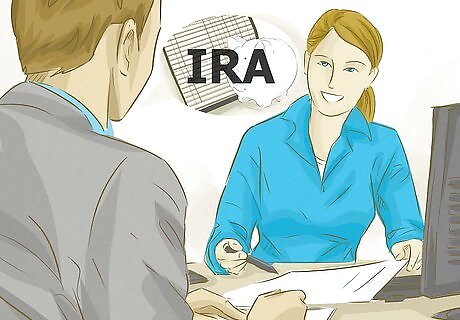
Select an IRA provider or custodian. You may receive advantages like better interest rates if you open an IRA CD at your current financial institution, so it makes sense to inquire at your own bank or credit union first. While you’re at it, do your due diligence and inquire about conventional CDs as well, as they might have slightly different rates. Make sure that the plan is self-directed. Visit the financial institution where you want to open an IRA CD. You can do this either online or in person, but if you are not already a customer of the bank, you take special care to speak with a representative that can carefully explain the terms to you. As soon as you are ready you can deposit your money in the CD--the very same day you visit the financial institution.
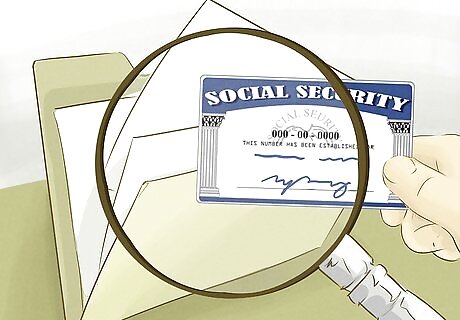
Open an IRA. The information that you’ll need to open a CD—or an IRA for that matter—is pretty standard.You will want to make sure you gather your: Name, birthdate, and address. Social Security number. E-mail address. Employer’s name and address. (Only for an IRA) Bank routing number and account number.
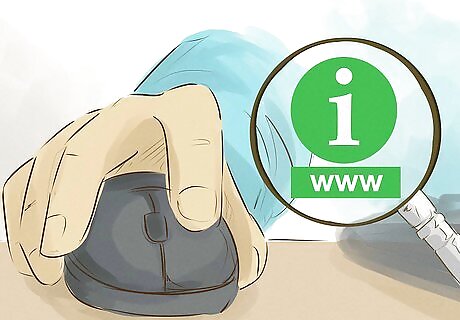
Check the current rates and restrictions on IRA CDs elsewhere. Although interest rates on CDs are very low as of August 2016, they can vary considerably from institution to institution. It pays to look around. Most CDs have certain limitations, fees and restrictions, which may or may not be beneficial to you. These can include more than just interest rates. Some CDs will allow you to rollover the funds into a new CD at the new market interest rate after they mature, some use the current rate, and some allow you a choice. Different CDs might have different early-withdrawal penalties. Make sure you are aware of all of the terms before you open an IRA CD. There are several sites which allow you to easily compare interest rates on CDs across financial institutions. One is depositaccounts.com, and another is available at bankrate.com. Be sure to look at a few. If you see an unusually high rate on a CD, make sure that it’s insured by the FDIC. Some CDs aren’t.
Identifying the Investment Qualities of a CD
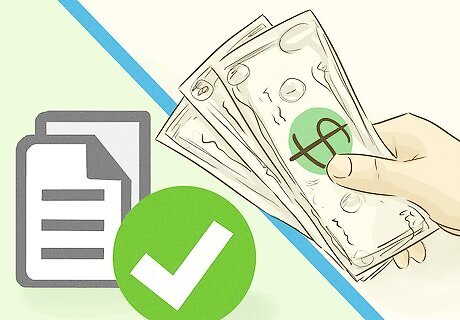
Buy CDs to start your IRA. There is a minimum to open IRA CDs, but the minimum amount varies depending on the CD you choose. Minimums can range anywhere from $500 to $2,000. The minimum amount is roughly correlated with the life of the CD, which can range from three months to ten years. The shorter the CD, the smaller the minimum.

Compare CD rates of returns. Interest rates on CDs are usually very low—only a little higher than a savings account. Typically, the shorter the life of the CD, the lower the interest rate. Although they are very safe places to park your money, you shouldn’t think of them as a very good way to grow your money. Historically, the rate of inflation is about 3%, although it fluctuates from year to year (and even monthly). As of August of 2016, no bank on depositaccounts.com offers a CD that equals the historical rate of inflation.

Limit CDs if you are younger. Unless you are older, most of the funds in your IRA should probably be allocated elsewhere. When compared to the historical rate of inflation, a younger saver would actually lose money over time by putting it in a CD, at least at the interest rates commonly available today. The rate of growth on CDs is only about 1 to 2%, whereas inflation is about 3%. Therefore, if you invest money in a CD, you may end up losing money by the time you need to use it because the costs of everything have risen so much.
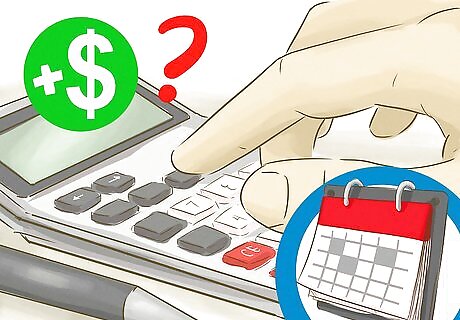
Choose a CD only if you do not need short-term access to your money. If you need to preserve the ability to convert your money into cash at any time, a CD is probably not for you. This is because CDs penalize the owner if they remove the money in the CD before the CD matures. Compare the rate of return on a CD—often between 1% and 2% as of August 2016--with the penalties, which can easily be half of the interest paid on the CD. When that is compounded with the low rate of return compared to inflation, a saver could easily suffer a net loss by putting their money in a CD should they have to withdraw early.

Invest in CDs in an economic downturn. When the economy is in a tailspin, parking a great deal of money in a CD makes good sense, no matter what your age. Unlike investments such as stocks, bonds, and money market accounts, CDs under $250,000 are guaranteed by the FDIC. Even if your bank goes under, you won’t lose the money you’ve got in a CD.

Consider alternative investments. There are many other ways to invest or save your money other than a CD. Some of them may be the right choice for your financial goals, instead of or in addition to CDs. High-yield savings accounts can provide almost the same interest rates, with the additional benefit of being able to access the money more easily if you need it. Money-market accounts provide slightly higher interest rates than CDs, but they are unfortunately not insured by the FDIC. Mutual funds can provide substantially higher rates of return, but they also expose you to substantially more risk.


















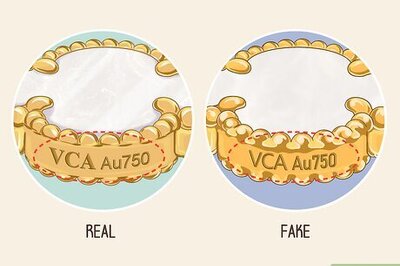
Comments
0 comment